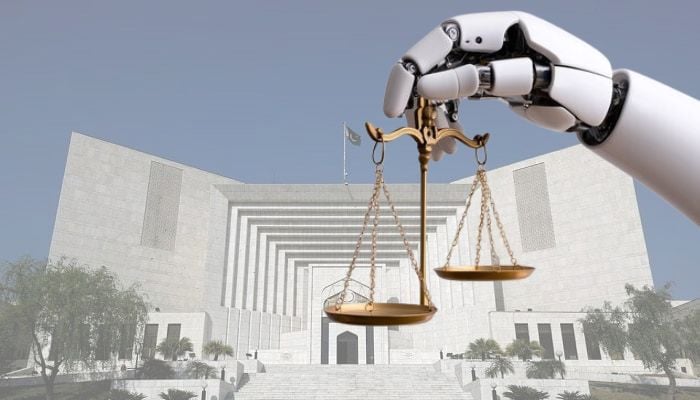
Chief Justice of Pakistan (CJP) Justice Yahya Afridi has emphasised on Monday the importance of utilising artificial intelligence (AI) to advance the judicial system, but noted that the Pakistani judiciary is not yet ready for AI implementation.
Speaking at the judicial conference, CJP Afridi highlighted the need for judicial reforms and technological integration to improve the judiciary, ensuring transparency, efficiency, and speedy delivery of justice.
Pakistan judiciary news
The CJP said that 61,000 files are aimed to be digitally scanned, which will facilitate this project and lay the groundwork for potential AI integration, streamlining case management and decision-making processes.
On the other hand, the Supreme Court has launched "e-services to improve accessibility and efficiency, including a Facilitation Centre that will be fully operational from October 1."
CJP Afridi stressed the importance of transparency in cases and the legal framework, ensuring that justice is served promptly and fairly.
The court has classified speedy disposal of cases, with a focus on reducing the backlog of approximately 57,000 pending cases in the Supreme Court and 2.4 million in other courts nationwide.
Notably, the judiciary is working to modernise its systems, including "the implementation of an e-Affidavit system and Case Management System (CMS), to reduce delays and enhance transparency."
Pakistan courts get security and protocol reforms
CJP Afridi has reduced his security detail from nine vehicles to two, emphasising that judges should have minimal security presence within the red zone.
On the other hand, the Supreme Court has clarified rules regarding judges' vacations, requiring them to inform the court about leave, except for public holidays.
















